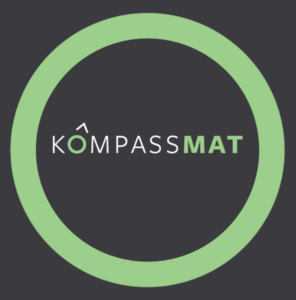KompassMat
turning food waste into meals
Oslo, Oslo, Norway
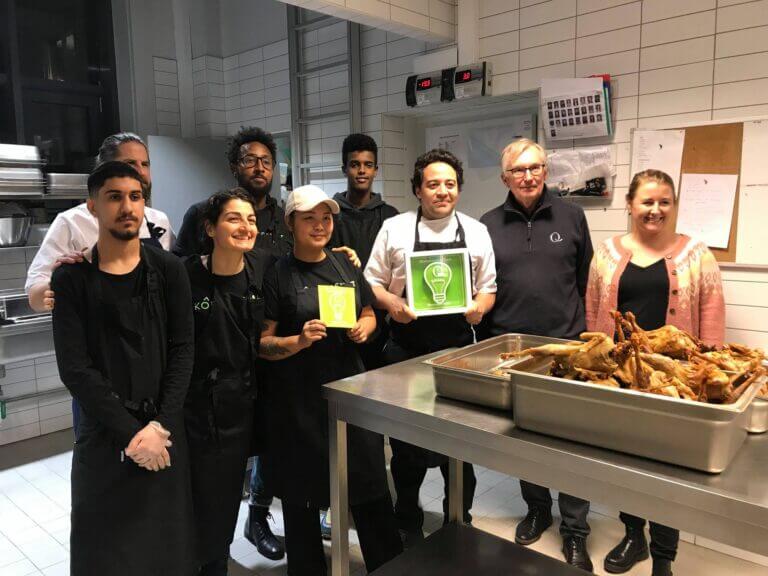
BUSINESS MODEL
SCALE: Local
Stakeholder:
Third Sector
Type:
B2B - Business to BusinessB2C - Business to ConsumerB2G - Business to Government
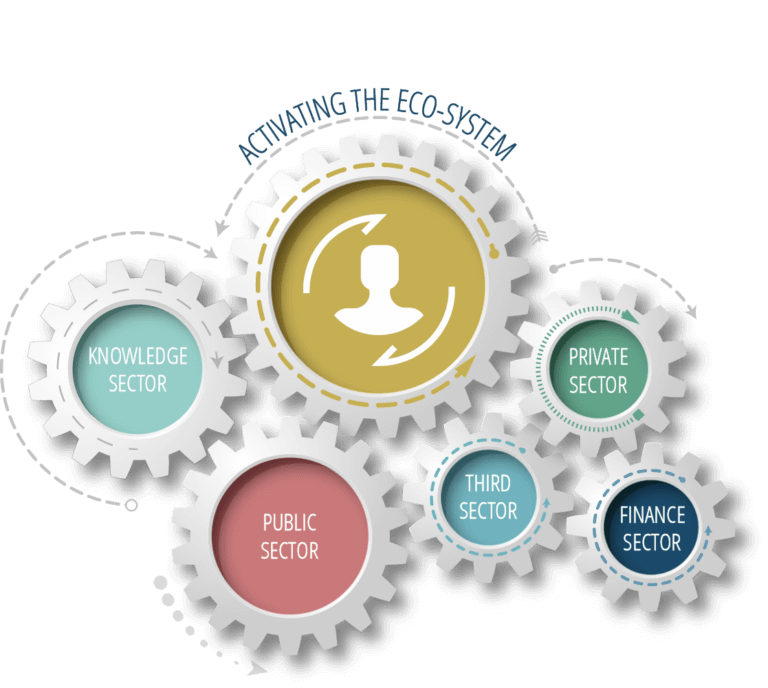
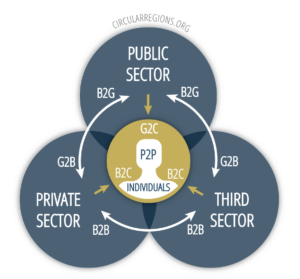
BUSINESS MODEL FORMAT:
FACET & LEVEL
FACET:
CommunityFood & DrinkProcurementSocial Enterprise
LEVEL:
-
Micro - Company/Organisation
Company/Organisation
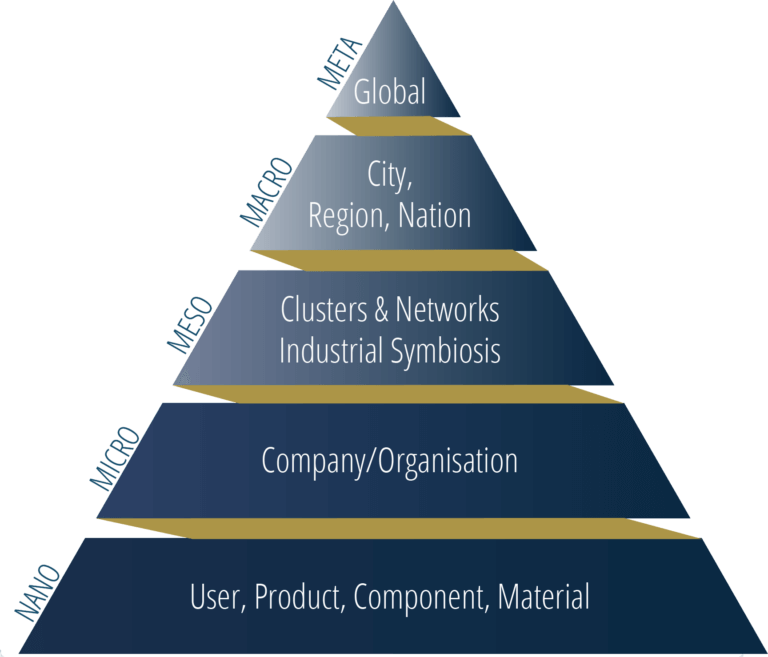
SOCIETAL READINESS LEVEL & POTENTIAL
FUTURE POTENTIAL
ScaleableReplicableNetworkable
CIRCULAR CYCLE PHASE
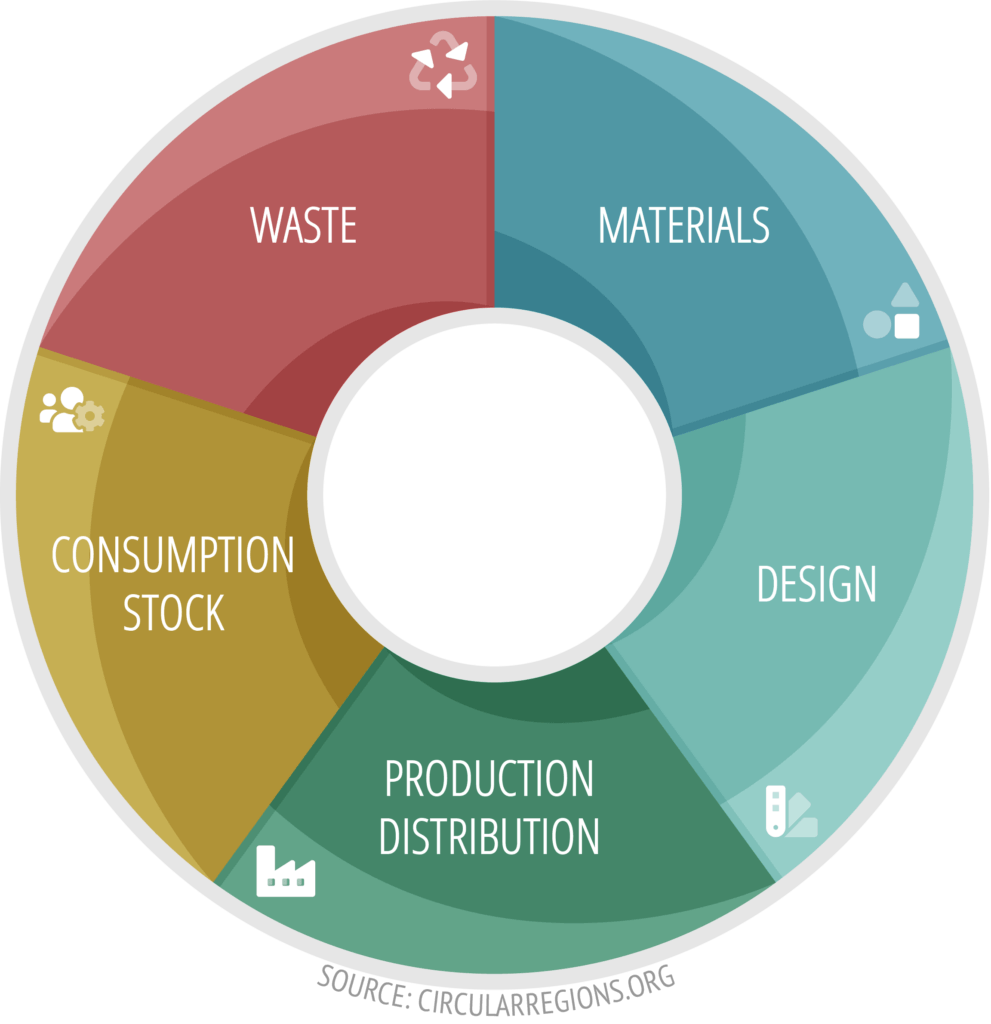
STATUS & TIMELINE
| Milestone title | Date | Content |
|---|---|---|
| start date | 01/2019 | |
| funding | 03/2019 | |
| Project | 06/2019 | First pilot project |
| expansion | 09/2020 | Expanded operations to include more local businesses |
| engagement | 04/2021 | Launched community workshops and educational programmes |
DESCRIPTION
TITLE: KompassMat
CONCEPT: turning food waste into meals
Problem
Kompass & Co’s initiative addresses the significant issue of food and material waste in Oslo. The traditional linear economy model of ‘take, make, dispose’ leads to substantial environmental degradation and resource depletion.
Challenges
- Changing consumer behaviour towards waste.
- Integrating circular practices within existing supply chains.
- Securing continuous funding and support from stakeholders.
Solution
Kompass & Co promotes a circular economy by:
- Reducing Waste: Implementing systems for better food waste management.
- Reusing Materials: Partnering with local businesses to repurpose materials.
- Community Education: Conducting workshops to educate the public about sustainable practices.
LOCAL LANGUAGE DESCRIPTION: Norsk
Problem Kompass & Co’s initiativ tar for seg det betydelige problemet med mat- og materialavfall i Oslo. Den tradisjonelle lineære økonomimodellen “ta, lage, kaste” fører til betydelig miljøforringelse og ressursutarming.
Utfordringer
- Endre forbrukeratferd mot avfall.
- Integrere sirkulære praksiser i eksisterende forsyningskjeder.
- Sikre kontinuerlig finansiering og støtte fra interessenter.
Løsning Kompass & Co fremmer en sirkulær økonomi ved å:
- Redusere avfall: Implementere systemer for bedre matavfallshåndtering.
- Gjenbruke materialer: Samarbeide med lokale bedrifter for å gjenbruke materialer.
- Samfunnsutdanning: Gjennomføre workshops for å utdanne publikum om bærekraftige praksiser.
IMPACT
BARRIERS
ENABLERS
MATERIALS & CERTIFICATIONS
| material input | material category input |
|---|---|
| food waste | Food |
| material output | material category output |
|---|---|
| food | Food |
TECHNOLOGY & LICENSE
DATA & DATA-SHARING
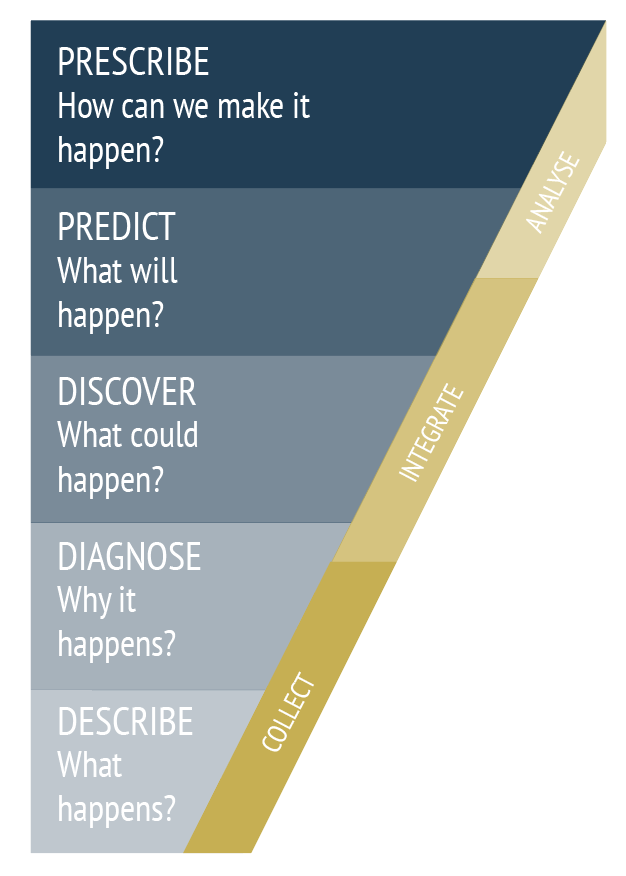
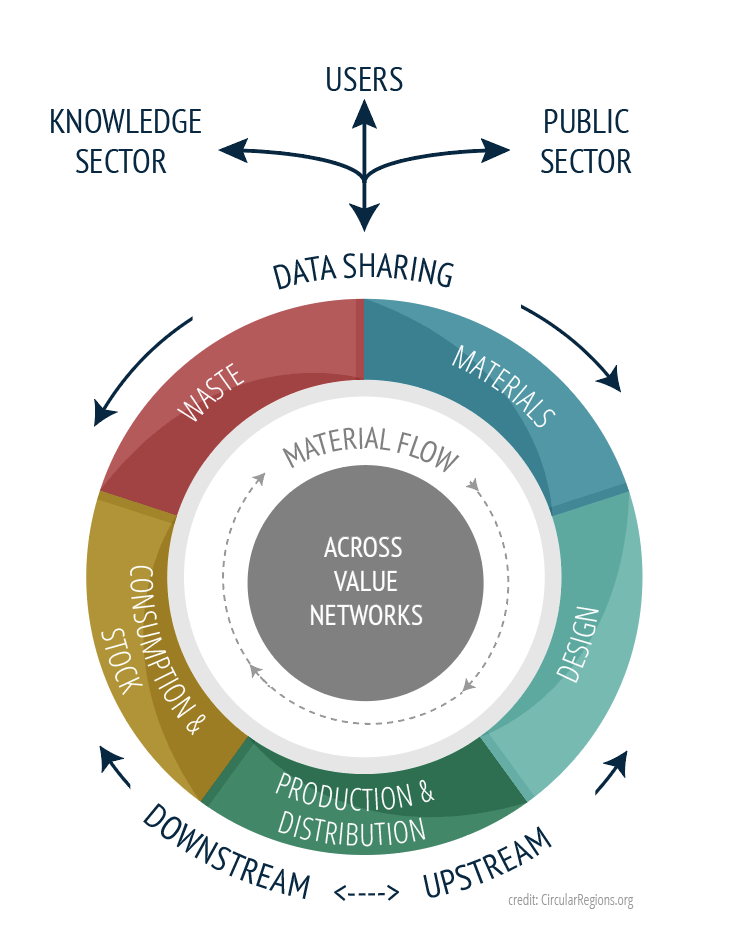
| data related to | can be used to | Unit of measure | Data-sharing |
|---|---|---|---|
Circular Case Studies by Circular Regions is licensed under CC BY-NC-ND 4.0

